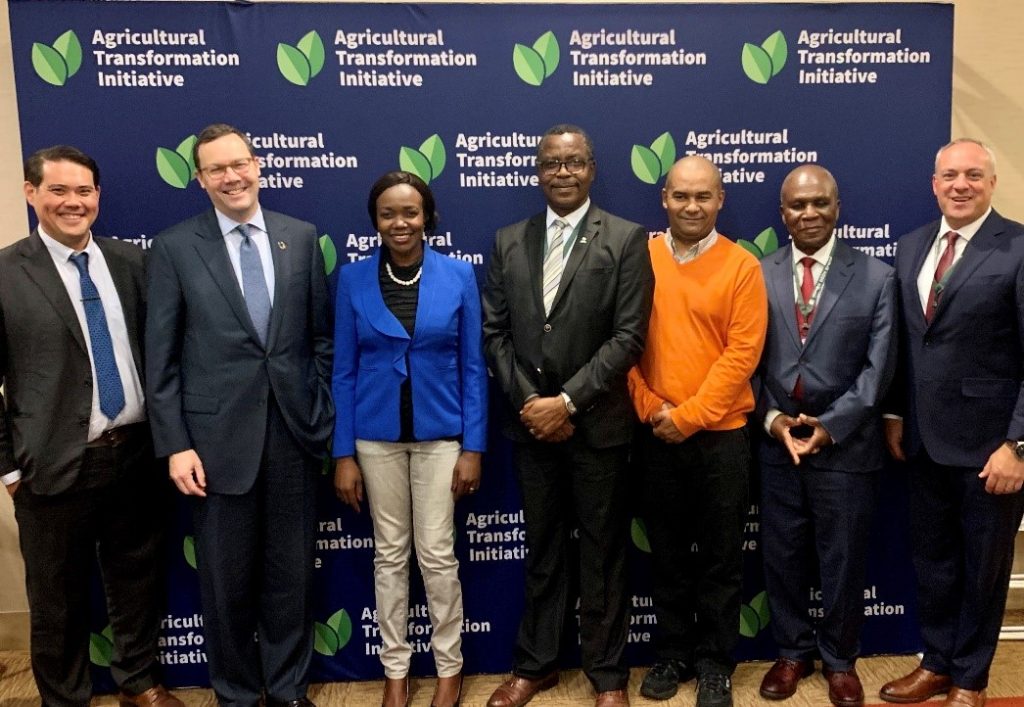
When faced with a daunting problem, it helps to be in the company of passionate professionals who are dedicated to solving it. The Borlaug Dialogue International Symposium—”the premier conference in the world on global agriculture,” convenes more than 1,200 participants from over 65 countries, all devoted to combating hunger and malnutrition. While attending this year’s conference, I found that its goals helpfully intersected with those of the Agricultural Transformation Initiative (ATI). The symposium also highlighted the need for a broad range of private sector investments to help build agricultural economies.
In countries overly dependent on tobacco revenue, the ATI supports the transition to alternative crops and livelihoods; in the process, we strive to ameliorate poverty-driven crises, including and especially malnutrition. The ATI’s initial focus country is Malawi, where we have established The Center for Agriculture Transformation (CAT). In this effort and others, the ATI works to develop strong partnerships with farmers, businesses, research institutions, governmental entities, and community organizations. Many of these parties were represented at the 2019 Borlaug Dialogue, where the ATI hosted its own panel discussion.
Speaking to an audience of researchers, donors, and policy experts, our panelists described their experience developing new businesses and institutions. They also touched on policy changes required for agricultural transformation. The panel was moderated by Dyborn Chibonga, who is the Malawi and Mozambique Program Head for the Alliance for a Green Revolution in Africa (AGRA). Over the course of the discussion, Chibonga asked a series of pointed questions about the panelists’ contributions to transformation efforts in Malawi.
Highlights from the event, which took place on October 16th, include:
The diversity of topics covered during the discussion aptly reflects the diversity of tactics promoted by the ATI. Agricultural transformation requires change at the level of policy, research, technology, community, and more. In Malawi, the ATI and its partners are working to implement such changes; and, already, progress is palpable.
Historically, Malawi’s heavy reliance on tobacco profits has been an impediment to economic growth. Now, tobacco farmers have started diversifying production; and women entrepreneurs are investing in alternative value chains. In pursing these initiatives—and discussing them at events like the Borlaug Dialogue—we hope that the ATI’s efforts in Malawi can serve as inspiration for the transformation of other tobacco-dependent economies.
© 2023 Foundation for a Smoke-Free World. All rights reserved.